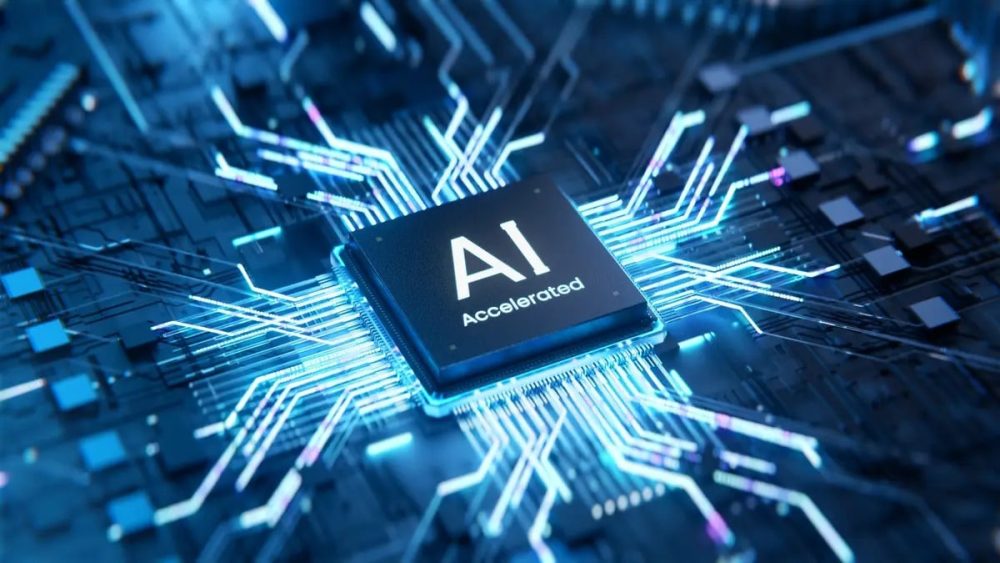A group of engineers from the University of Pennsylvania have managed to create a groundbreaking technology that changes the way computer chips work. The team has created a new type of AI chip that can use light waves instead of electricity for computing, with a promise of boosting speed and saving costs.
This new AI chip is based on the field of silicon photonics (SiPh), which combines silicon, the most commonly used material to build computer chips, with the extraordinary ability to manipulate and use light waves. This convergence is a result of the groundbreaking research led by Penn Professor Nader Engheta. Professor Engheta’s exploration focuses on refining materials at the nanoscale to execute intricate mathematical operations utilizing light waves.
That being said, this new chip is not simply an incremental upgrade for silicon chipsets, but it represents a potential paradigm shift. The computer industry has used the same traditional chips based on electricity since its debut back in the 1960s. The new chip operates on an entirely novel principle as it conducts calculations at the remarkable speed of light, marking a departure from conventional computing methods.
Firooz Aflatouni, Associate Professor in Electrical and Systems Engineering at Penn contributed significantly to this project. Emphasizing the importance of executing vector-matrix multiplication—a fundamental process supporting neural networks, integral to the AI applications pervading modern life—the team dedicated their efforts to this pursuit.
This new AI chip also stands out due to its innovative design, allowing it to alter the height of silicon wafers in certain areas for “computational magic.” This deliberate adjustment enables light to scatter in meticulously orchestrated patterns, expediting the performance of complex mathematical operations.
Not only does this chip promise higher processing speeds and lower costs, but also increases privacy. This is because it can perform calculations without having to store any data in the computer’s memory, making systems with this tech nearly impossible to hack.
However, this cutting-edge tech is not going to reach commercial or even industrial use until it achieves mass production, which could take a long time.






















